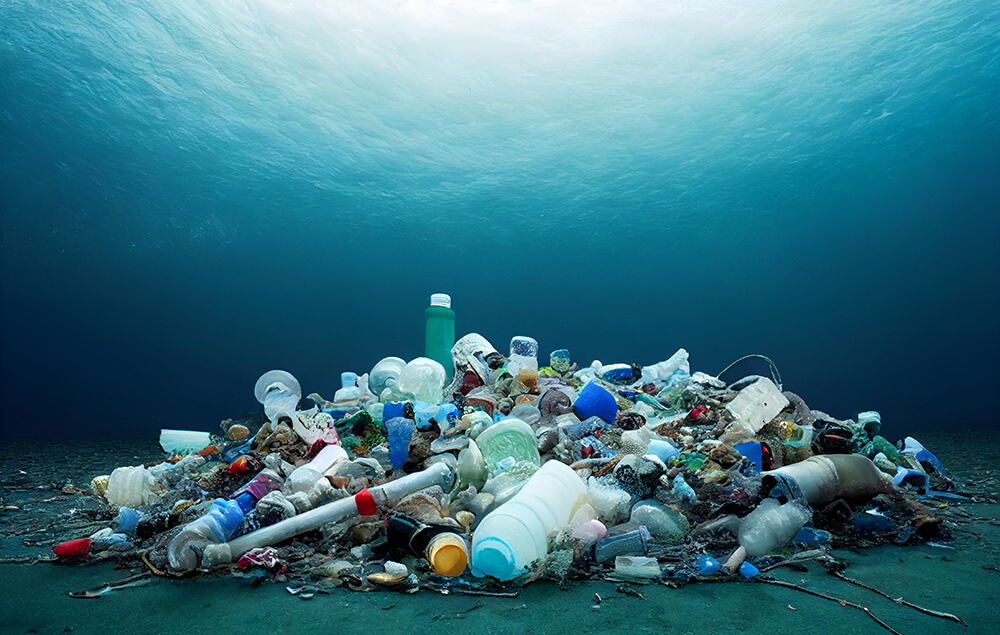Did you know that it will take 450 years for a plastic bottle to break down? Each year we produce more than 350 million metric tonnes of plastic waste and, unless we make a change, that figure is likely to treble by 2060.
Our oceans are littered with plastic waste which is often accidentally eaten by marine life or which they become entangled in, leading to suffocation, starvation and drowning.
But more concerning is the problem of microplastics, small fragments of plastic measuring less than 5mm in length. These microplastics have not just been found in marine life but in land animals, in the food that we eat and now in the human body.
Scientists have estimated that we may consume up to 5 grams of microplastics each week and, while scientists are still studying the effects on the human body, they are thought to be linked to serious health issues, such as endocrine disruption, weight gain, insulin resistance, decreased reproductive health and cancer.
So, what can we do to reduce the amount of plastic that we use and throw away?
- Change to using reusable straws or non-plastic straws
- Use a bag for life for your grocery shopping or reuse existing plastic bags
- Use a refillable water bottle and switch to a water filter instead of buying bottled water. Make sure to recycle your water filter cartridges afterwards
- Dine out instead of ordering takeaway foods and drink your coffee in a cup in the café rather than ordering it to go
- Try to buy produce that is not pre-packed
- Avoid skin care products, such as facial scrubs, that contain tiny plastic balls.
- Use natural household cleaning products, such as vinegar baking soda which come in a glass bottle
- Use glass or stainless steel food containers which you can reuse

